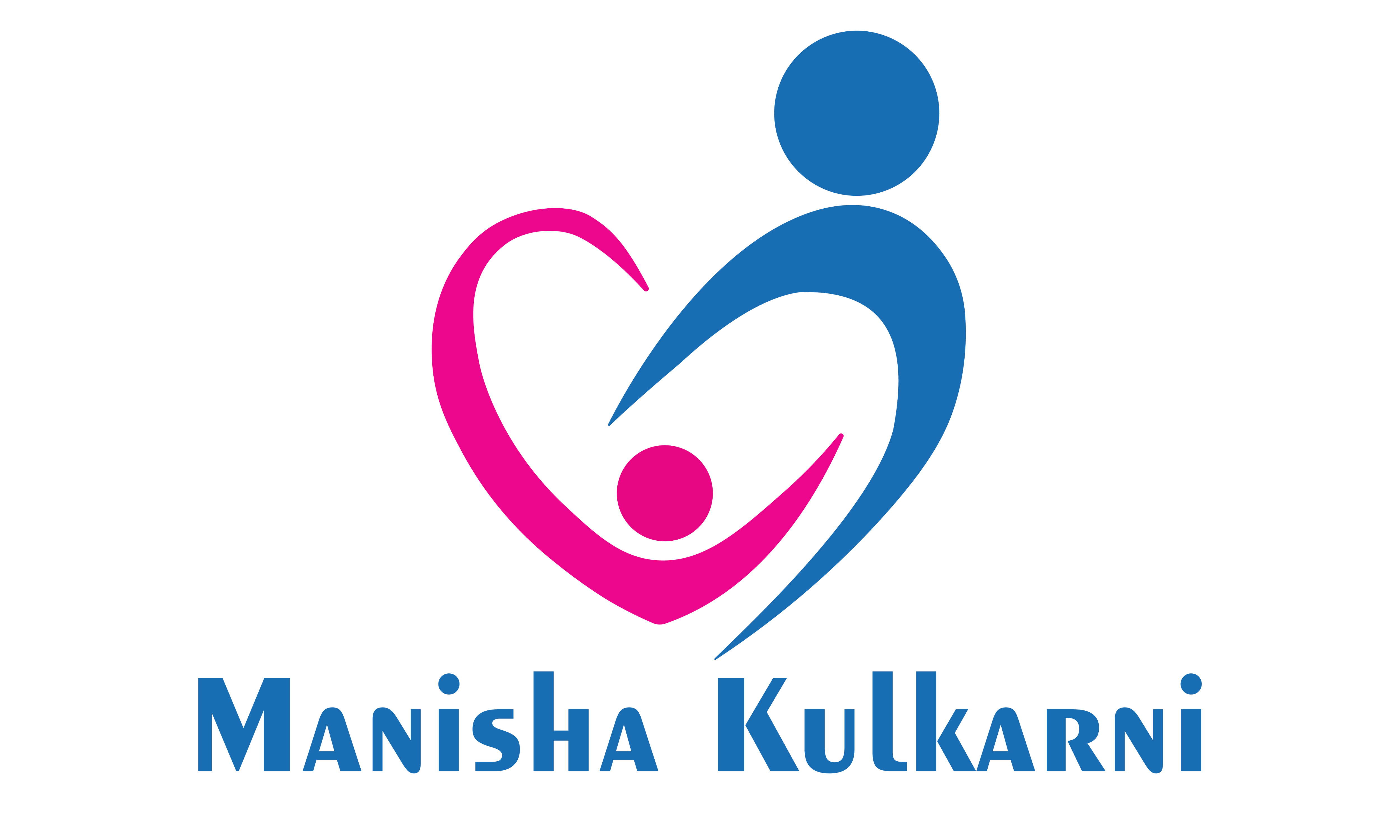Pregnancy is a life-changing journey that requires careful planning and preparation. While most women focus on prenatal care after conception, preconception care is just as crucial. Preparing your body before pregnancy can significantly impact your health and the well-being of your future baby. If you’re planning to conceive, understanding the importance of preconception care can help you have a smooth and healthy pregnancy. For expert pregnancy care in Magarpatta, it’s essential to take proactive steps toward optimal health. Dr. Manisha Kulkarni emphasizes the need for early intervention to ensure a safe and healthy pregnancy.
Why Is Preconception Care Important?
Preconception care helps identify and address potential health risks before pregnancy. It ensures that your body is in the best possible condition to support a growing baby. This proactive approach reduces complications such as gestational diabetes, preterm birth, and birth defects. By making necessary lifestyle changes early, you can boost fertility and improve pregnancy outcomes.
Steps to Prepare Your Body for Pregnancy
1. Schedule a Preconception Checkup
Before trying to conceive, consult a gynecologist for a comprehensive health assessment. This checkup includes:
- Reviewing your medical history and identifying potential risk factors.
- Checking for infections, chronic conditions, or genetic disorders.
- Ensuring vaccinations are up to date, including rubella and hepatitis B.
2. Maintain a Balanced Diet
A nutrient-rich diet is essential for preparing your body for pregnancy. Include:
- Folic Acid: Prevents neural tube defects in the baby. Found in leafy greens, citrus fruits, and fortified cereals.
- Iron: Supports increased blood volume. Sources include spinach, lentils, and lean meats.
- Calcium & Vitamin D: Strengthens bones and teeth. Found in dairy products, nuts, and fish.
- Protein & Omega-3 Fatty Acids: Important for fetal development. Include eggs, fish, and nuts in your diet.
3. Achieve a Healthy Weight
Being overweight or underweight can affect fertility and pregnancy outcomes. Maintaining a healthy weight helps regulate hormones and reduces the risk of complications like gestational diabetes and hypertension.
4. Exercise Regularly
Engaging in regular physical activity helps improve cardiovascular health, reduces stress, and prepares your body for the physical demands of pregnancy. Aim for at least 30 minutes of moderate exercise, such as walking, swimming, or yoga, most days of the week.
5. Quit Smoking, Alcohol, and Caffeine
- Smoking affects fertility and increases the risk of miscarriage and birth defects.
- Alcohol consumption can lead to fetal alcohol syndrome and developmental issues.
- Excessive caffeine intake may lead to miscarriage and low birth weight. Limit to 200 mg per day (about one cup of coffee).
6. Manage Stress and Mental Health
Mental well-being is just as important as physical health. High stress levels can interfere with ovulation and fertility. Practice relaxation techniques such as meditation, deep breathing, and prenatal yoga. If needed, seek professional support for anxiety or depression.
7. Avoid Harmful Substances
Limit exposure to environmental toxins such as pesticides, heavy metals, and household chemicals. Choose organic produce and use natural cleaning products to minimize exposure. Avoid using plastic containers for food storage, as they may contain harmful chemicals like BPA. Reduce exposure to air pollution and secondhand smoke, which can affect fertility and pregnancy health. Opt for natural personal care products to limit exposure to synthetic chemicals that may interfere with hormonal balance.
8. Monitor Your Menstrual Cycle
Understanding your ovulation cycle helps in planning the best time to conceive. Keep track of your menstrual cycle using apps or ovulation kits to determine the most fertile days. Maintaining a regular cycle can indicate good reproductive health. If you notice irregularities, consult a doctor to address potential hormonal imbalances or underlying conditions.
9. Take Prenatal Supplements
Folic acid, iron, and vitamin D supplements are recommended at least three months before conception to ensure adequate nutrient levels. These nutrients support fetal brain development and help prevent birth defects. Consult your doctor for personalized supplement recommendations based on your health needs.
10. Address Any Underlying Health Conditions
Chronic conditions like diabetes, hypertension, or thyroid disorders should be well-managed before pregnancy. Consult your doctor for necessary medications and lifestyle adjustments. Regular monitoring and early intervention can help prevent complications during pregnancy. A well-controlled health condition enhances fertility and improves pregnancy outcomes.
The Role of Your Partner in Preconception Care
Conception is a shared journey, and your partner’s health plays a role too. Encourage your partner to maintain a healthy lifestyle by eating well, exercising, avoiding smoking and alcohol, and managing stress.
Preconception care is an essential step toward a healthy pregnancy. By making lifestyle changes and seeking professional guidance, you can enhance your chances of a smooth pregnancy and a healthy baby. If you’re looking for expert pregnancy care in Magarpatta, consult a trusted healthcare professional to ensure you’re on the right path to parenthood. Dr. Manisha Kulkarni is committed to helping women achieve a healthy and joyful pregnancy journey.


